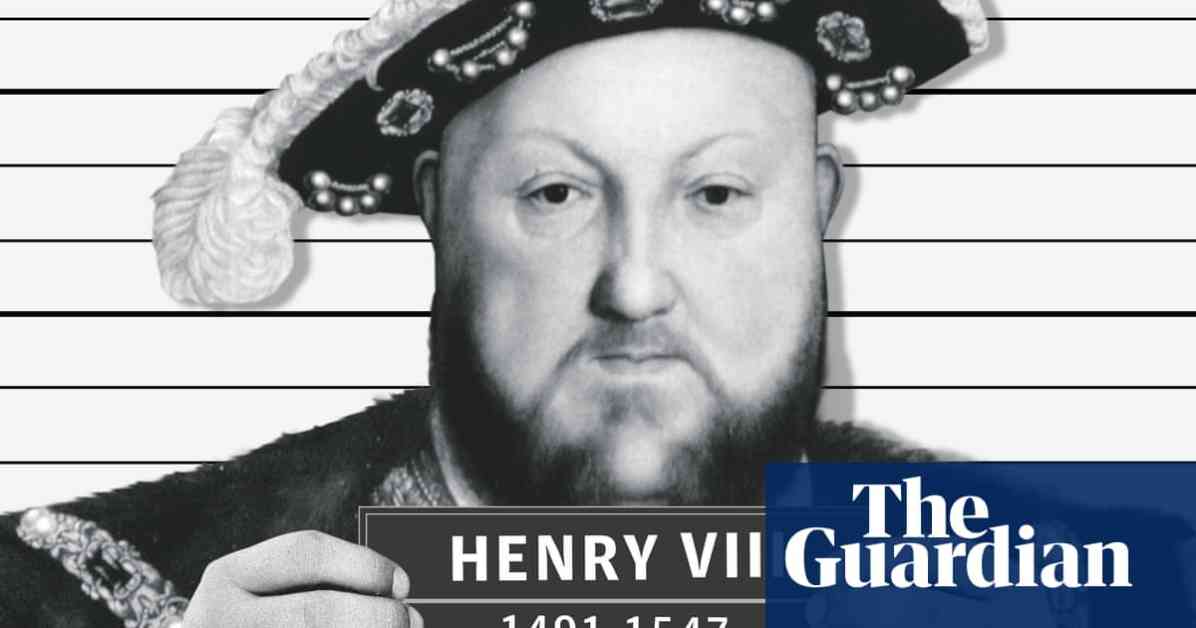The TV adaptation of Hilary Mantel’s Wolf Hall novels, The Mirror and the Light, premiered on BBC One and received glowing reviews. The fans had been eagerly waiting for the finale after an eight-year wait since the previous book. There were rumors of writer’s block, particularly surrounding the death scene of Thomas Cromwell, the unlikely hero of the series. Mantel’s vivid portrayal of Cromwell made it hard for her to let go of the character.
The fascination with the Tudors in Britain is not new, as it dates back to the publication of Wolf Hall in 2009. The BBC had already aired several Tudor-themed shows before this adaptation, including The Tudors and Tudor Monastery Farm. The musical Six also added a modern twist to the story of Henry VIII and his wives. The interest in the Tudors was further fueled by Philippa Gregory’s novels, starting with The Other Boleyn Girl in 2001.
Gregory’s approach to depicting the Tudor wives as independent agents in their own lives was a fresh take on the historical narrative. She challenged the traditional Victorian portrayals of the Tudors, which often painted Henry VIII as a jolly king rather than the tyrant he was. The Victorians’ interpretation of history, as seen in James Anthony Froude’s work, shaped the way we perceive figures like Henry VIII and his wives.
The revisionism of the Tudor era in the 20th and 21st centuries aimed to break free from the Victorian constructs of history. Authors like Mantel and Gregory offered new perspectives on characters like Catherine Parr and Thomas Cromwell, highlighting their complexities and agency. The focus shifted from Henry’s libido to his volatile mood and day-to-day emotional struggles.
The present fascination with the Tudors may be attributed to the parallels drawn between historical events and current political situations. The themes of sovereignty, power struggles, and constitutional absolutes resonate with contemporary issues. As historian Steven Gunn notes, the shadow of the Wars of the Roses still lingers over the Tudors, influencing their decisions and the perception of their reign.
Overall, the enduring appeal of the Tudors lies in their complex characters, political intrigues, and historical significance. The ongoing reinterpretation of this period in history offers fresh insights and challenges traditional narratives, inviting audiences to reevaluate their understanding of the past.







